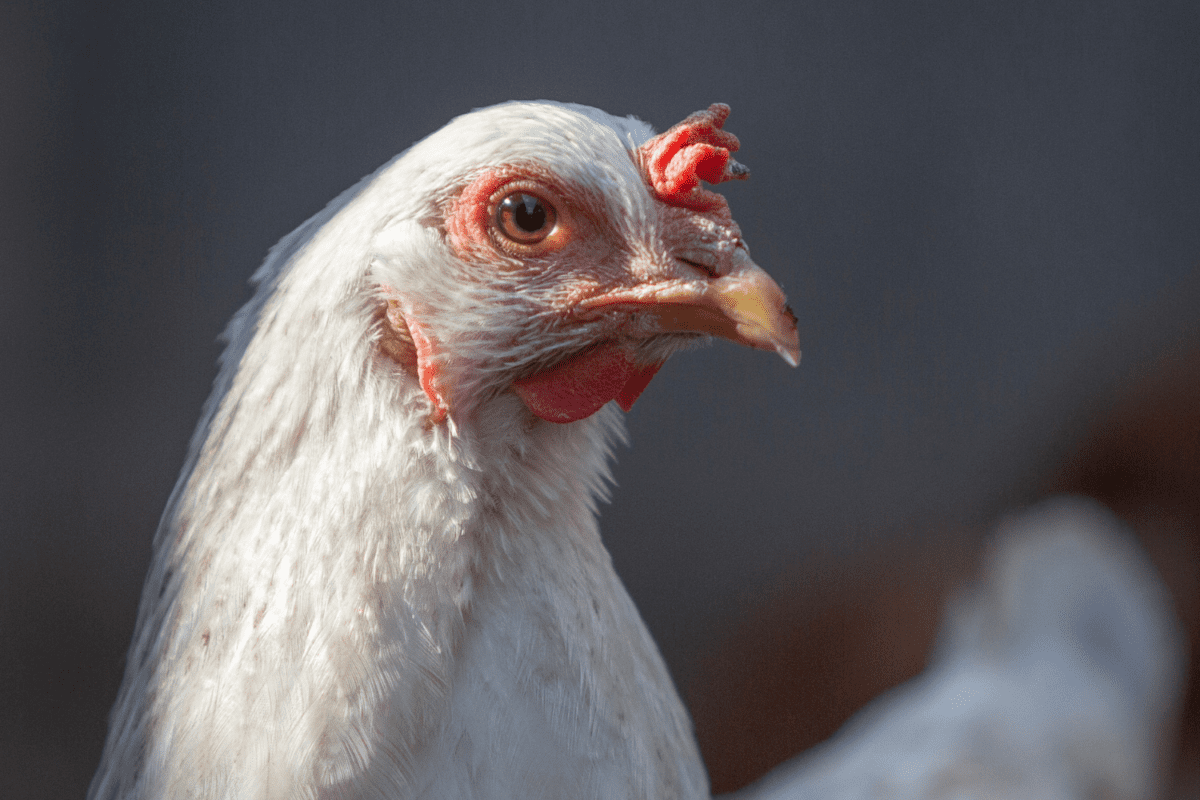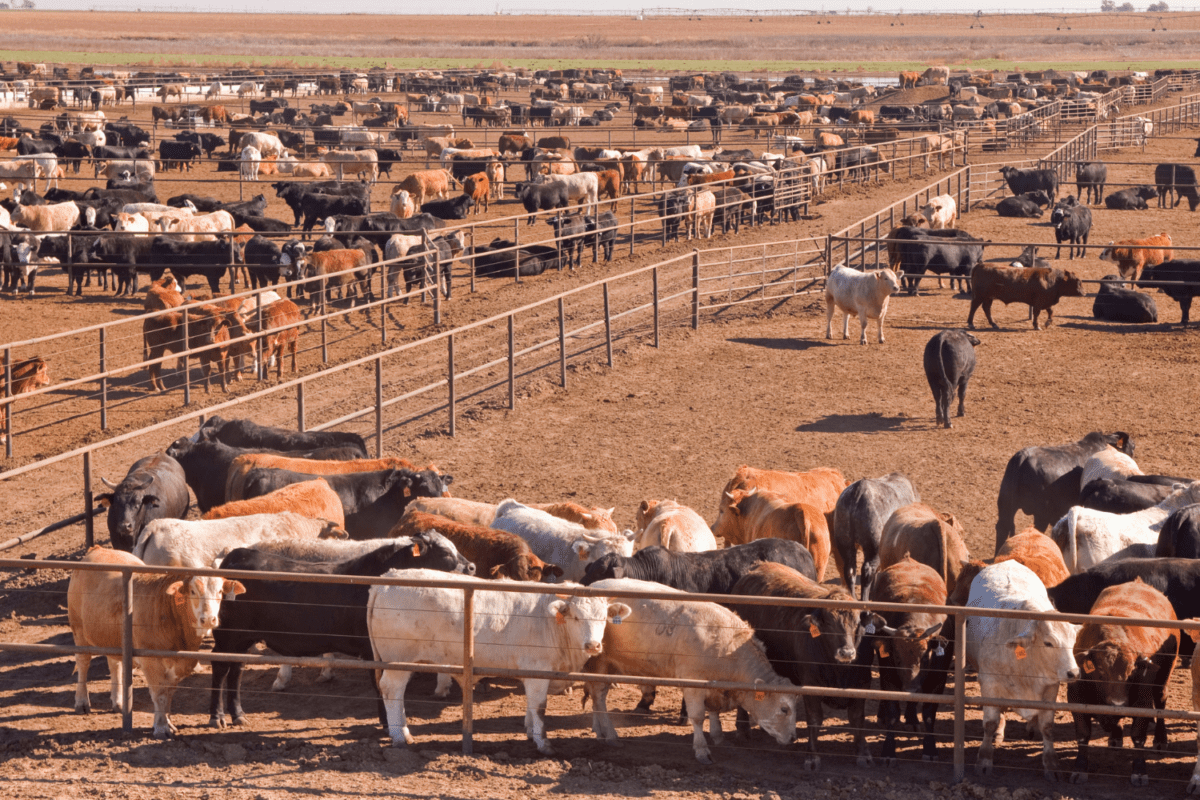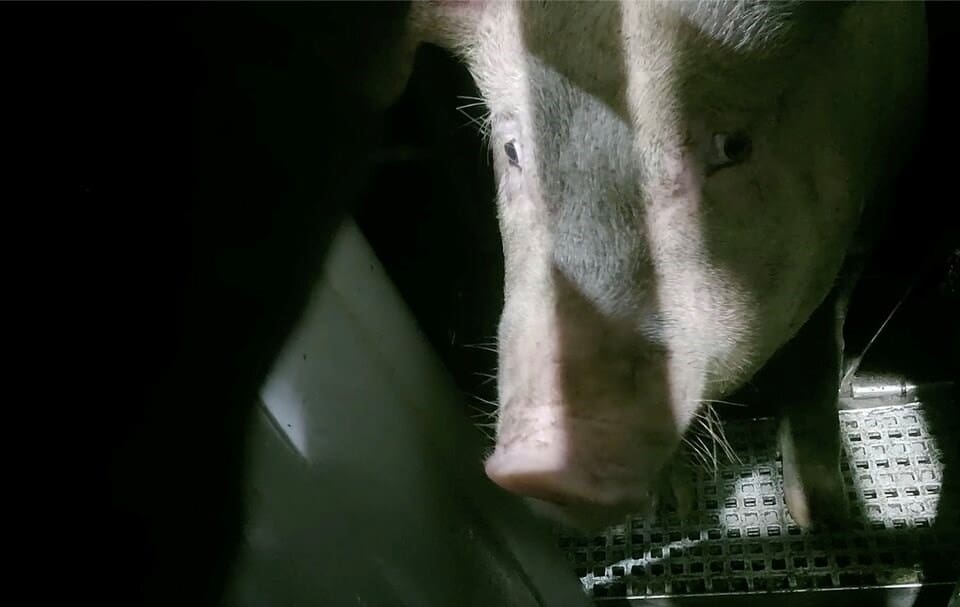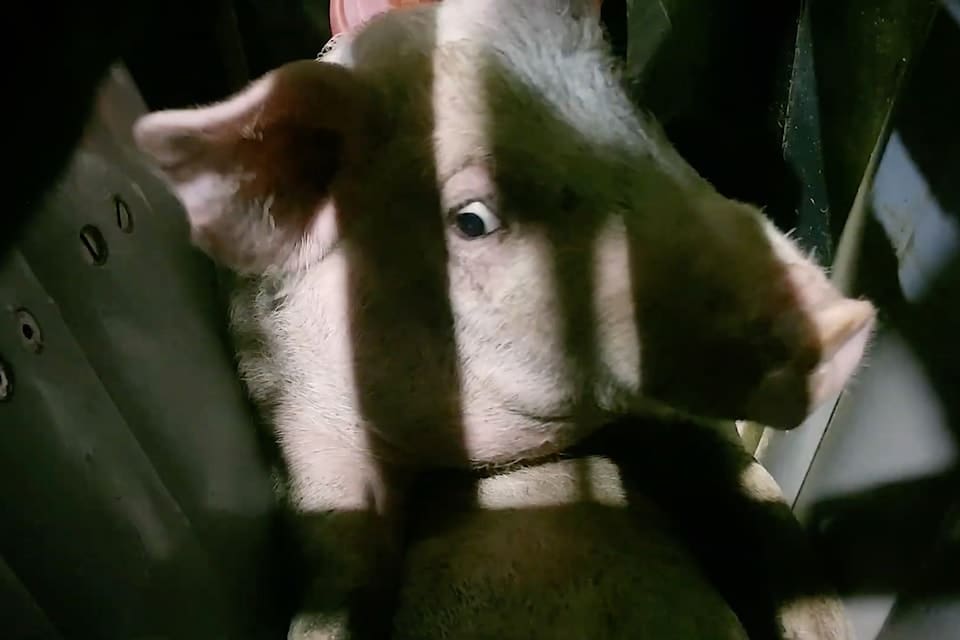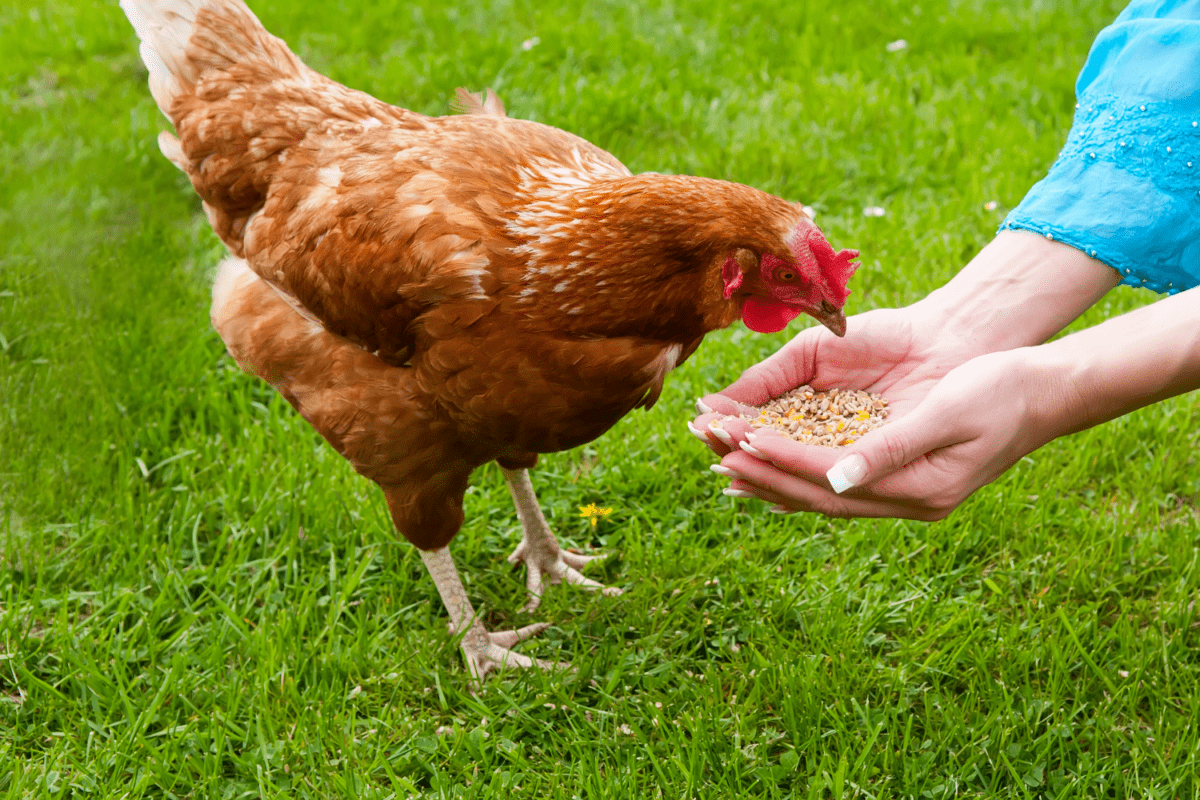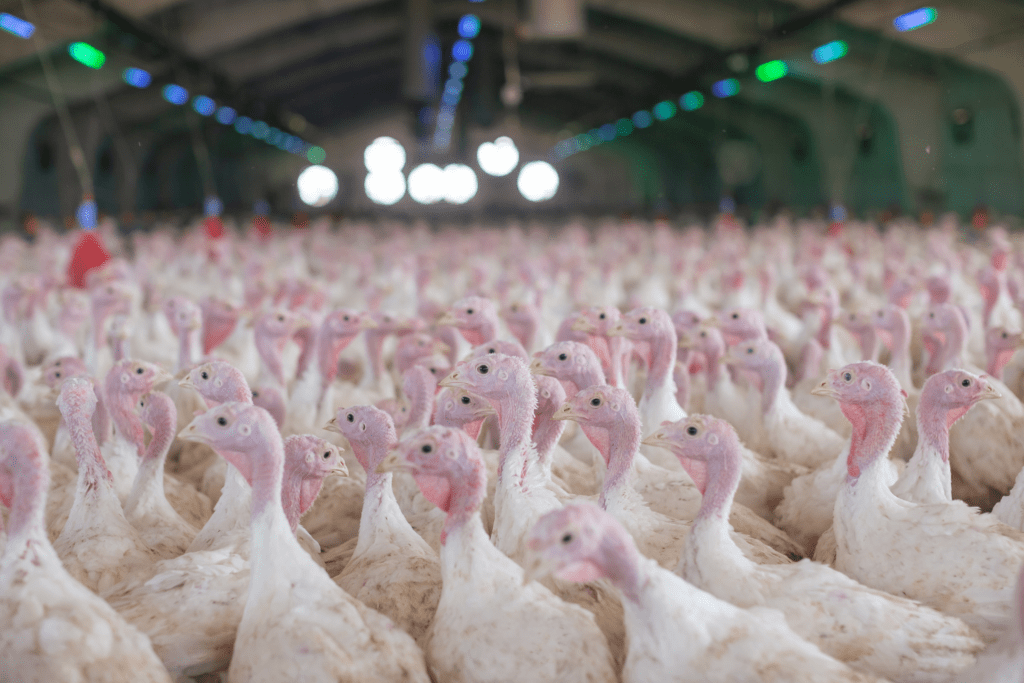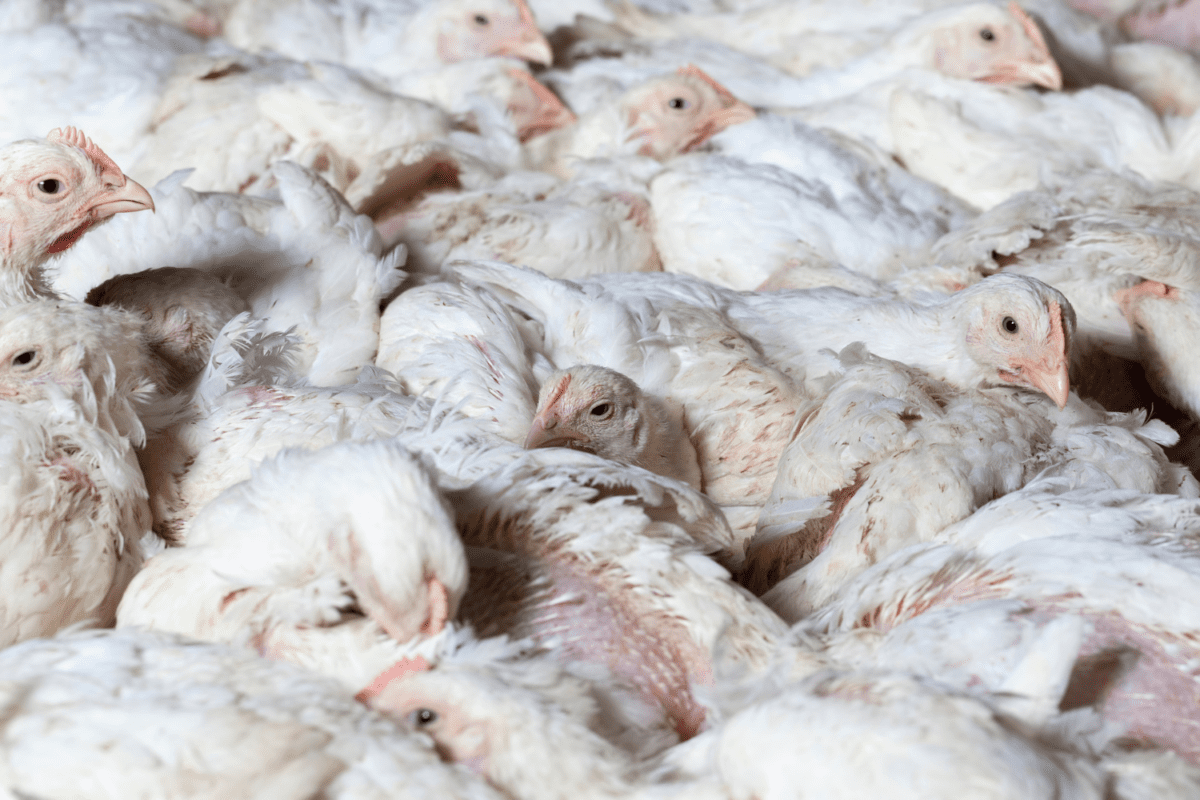“The ongoing spread of the highly pathogenic bird flu worldwide is reaching an “unprecedented” scale, a United Nations agency warned” earlier this month. The disease spreads easily on crowded poultry farms, which has led to 600 million farmed birds being killed.
Bird flu’s current spread is ‘unprecedented,’ UN agency warns
“Speaking at a conference in Rome, key members of the Food and Agriculture Organization of the United Nations (FAO) met to discuss the global outbreak of avian influenza.”
“Once limited to a few continents, avian flu has spread across all five continents since 2021, affecting more than 528 species, the FAO warned.”
“The virus is now present in 124 countries, causing the deaths of 47 million wild birds, while more than 600 million domestic birds have been culled (killed)”.
To address bird flu, reform chicken farming
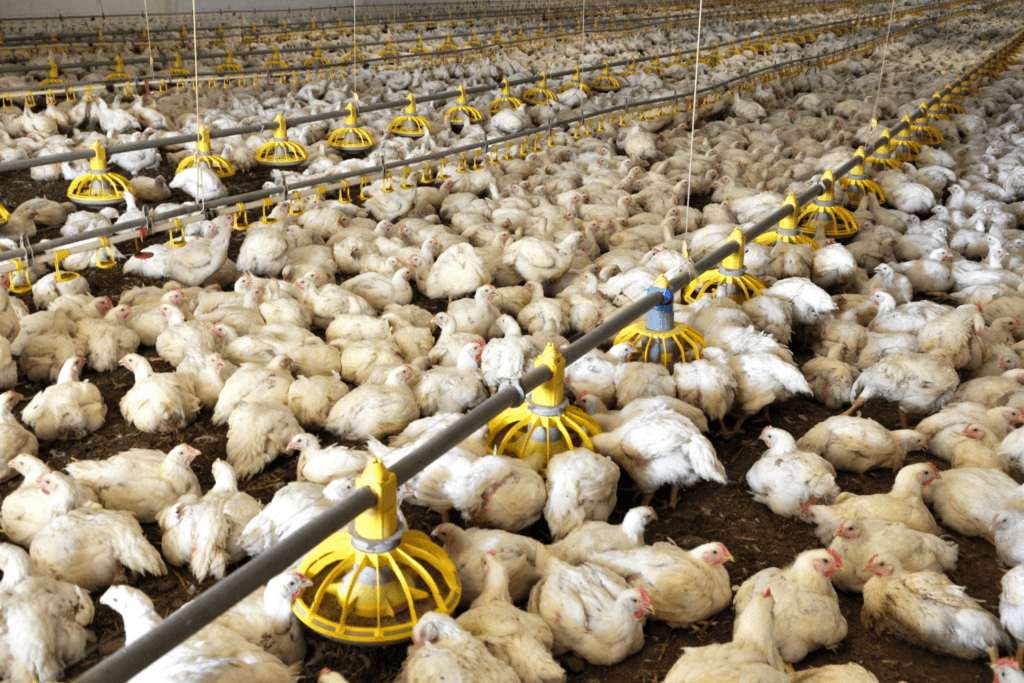
An opinion piece by Eleanor Boyle, published in the Tyee earlier this year, suggests that scaling down the farming of birds for food will be necessary to control the spread of avian flu. Boyle notes that British Columbia, a hot spot for bird flu, is a great place to start shifting the food system.
“Though B.C. turns out less than 15 per cent of Canada’s chicken and eggs, the province accounts for more than 50 per cent of the nation’s recent avian flu-related bird kills and 81 per cent of the country’s now-infected barns.”
The high density of birds packed into barns and the close proximity of farm buildings are risk factors, the article notes. Research shows the disease spreads (and mutates) among crowded animals.
Although wild birds shed pathogens as they fly overhead, “historically, wild-bird pathogens were innocuous. Commercial poultry settings are where low-pathogenic strains tend to become high-pathogenic.”
“Compassion in World Farming says there’s such strong evidence that the poultry industry fuels avian flu that ‘only major farm reforms can end it.'”
Taking decisive action to shift toward more plant-based foods will mean less zoonotic disease risk and a brighter future for animal well-being and public health.

